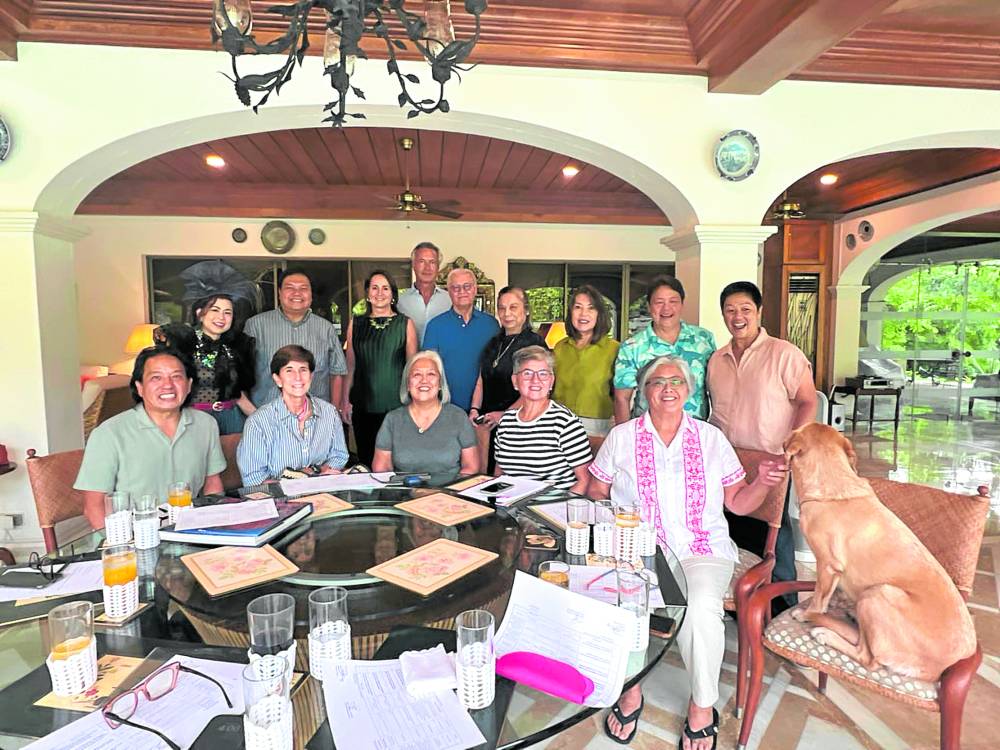A report on research conducted by the Department of Materials of Loughborough University in the United Kingdom, which said so-called biodegradable plastic was not so biodegradable, drew several reactions.
Among those that responded was the England-based Symphony Environmental Technologies Plc., which said the study failed to mention some of the purposes for which oxo-biodegradable plastic was made and its environmental benefits.
Symphony said it requested Intertek Expert Services, a worldwide group of testing laboratories, to conduct a further life cycle assessment (LCA) study to compare environmental impacts of various types of plastic bags.
The 2012 study by Intertek, A Life Cycle Assessment of Oxo-biodegradable, Compostable and Conventional Bags by Chris Edwards and Gary Parker, assessed the biodegradability of different plastic bags, including those using additives like Symphony’s d2w, by applying 11 environmental impact categories.
The executive summary said results showed “conventional bag and oxo-biodegradable bag were found to be the same in all environmental impact categories… except in the litter category where the oxo-biodegradable bag was 75 percent better.”
The study also found, “Bio-based bag was the worst option in 10 of the 11 environmental impact categories due to its higher bag weight and thickness, increased energy consumption, greater transportation and higher end of life impacts.” The relatively new bio-based bags were made from agricultural crops or a blend of crop-based and oil-based material.
Symphony responds
Symphony also responded directly to the Loughborough report, and here are some highlights. It said the study was “prepared by four members of staff of (the university), none of whom are professors, and none of whom is a specialist in oxo-biodegradable technology.”
The study was helpful, the company said, for dealing with some misconceptions about oxo-biodegradable technology and confirming that oxo-biodegradable plastics, among other things, degraded abiotically (not involving living organisms) in a normal environment or under elevated temperates found in landfills, did not emit methane even deep in landfills, were safe for food contact and did not contain heavy metals.
The study also found, Symphony said, that additives to biodegrade plastic were not harmful and had no negative environmental impact in the production and use. There was also “no evidence of bio-accumulation nor any harmful effects on the environment,” “no evidence of accumulation of pollutants” and “no evidence that degradable plastics encourage littering.”
But Symphony said the researchers “misunderstood the timescale” for biodegradation. It claimed, “There is no need for oxo-biodegradable plastics to biodegrade in a very short timescale.”
The company said concern about plastic being made from oil or natural gas, or coal, a finite resource, “is a mistake, because it is actually made from a by-product which will always be produced so long as the world needs these types of fuel, and it makes good economic and environmental sense to use the by-product.”
It added that plastic occupied a very small proportion of space in an average landfill, although it should actually be diverted, like other combustible wastes, to incineration when no longer reusable or recyclable. Symphony said, “Modern incinerators do not cause pollution, and they employ the heat for useful purposes.”
With more local governments banning, or considering banning the use of plastic carrier bags, all aspects of the issue should be considered before decisions are made. Environmental activists should help them make informed decisions that will be most beneficial to consumers.
Send letters to The Consumer, Lifestyle Section, Philippine Daily Inquirer, 1098 Chino Roces Ave. cor. Mascardo and Yague Sts., 1204 Makati City; fax 8974793/94; or e-mail [email protected]













































